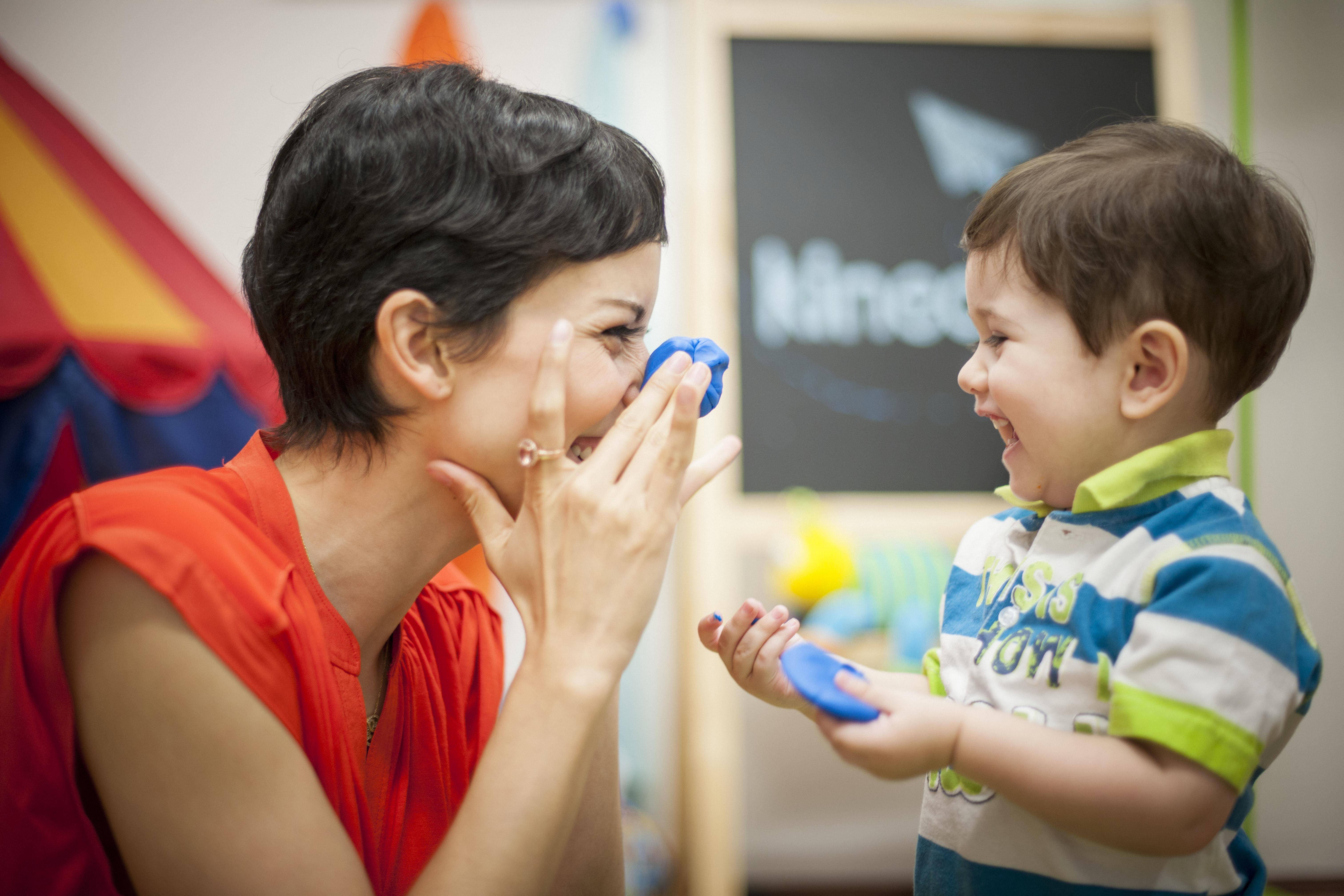Key points:
- Baby’s brain actively learns through senses of touch and smell.
- Sense of smell is well developed at birth, allowing recognition of scents.
- Sweet smells are preferred, influenced by what the mother ate during pregnancy.
- Touch is crucial for exploration and emotional growth, stimulating through various experiences.
This article discusses the development of the sense of touch and smell, both subdomains of the Physical developmental area!
While your baby seems to not do much, other than sleeping, eating, and, let’s face it, pooping; their brain is incredibly active, taking the world in through their senses and learning at a rate that will be unmatched for the rest of their life.
A baby’s sense of smell
Your baby’s senses are their main way of learning about the world around them. Of these, the smell is the most advanced at birth –a baby actually begins to smell before being born! This allows your little one to detect your scent, which will quickly become their favorite, and they will feel comforted and secure knowing you are with them. Even six days after being born, a baby will choose their mother’s breast pad over someone else’s.
Also, babies will prefer sweet to bitter smells right away, but they might show a preference for certain smells, depending on what their mom ate during pregnancy too. So don’t be surprised if your baby shares your love for strawberries, bananas, and, later, chocolate!
What this means is that you can use your baby’s sense of smell to soothe them when nothing else seems to work. The smell of lavender, vanilla, or something with a familiar smell for them can calm them down —even your scent can be soothing because of its familiarity! Babies can also sense whether they are in a particular place by using their sense of smell.
Importance of the sense of touch
Your baby’s sense of touch is both useful and very sensitive at this early age. Through touch, they receive information about the texture, shape, or size of the objects, allowing them to explore and learn. As you will notice, this will especially take place with their hands and mouth. This also means that physical contact is very comforting for babies, so cuddling and holding them skin-to-skin will be important for their social and emotional growth.
During the first year, you can exercise your baby’s sense of touch in many ways. Let them roll in the grass, touch a new blanket, or play with textured toys. All of these experiences will provide some interesting stimulation. Expose them to some new scents as well (the supermarket will make for a great field trip), but even the smell of their baby cream, your perfume, and the food that’s cooking will be great stimulation. Exposing your baby to new sensory experiences will help them develop and learn about their surroundings.
Watch this activity video to get some ideas for presenting these experiences!
Your baby’s senses are her main way of learning about the world around her. Of these, smell is the most advanced at birth – a baby actually begins to smell before being born!









4 Responses
That’s a crakecrjack answer to an interesting question